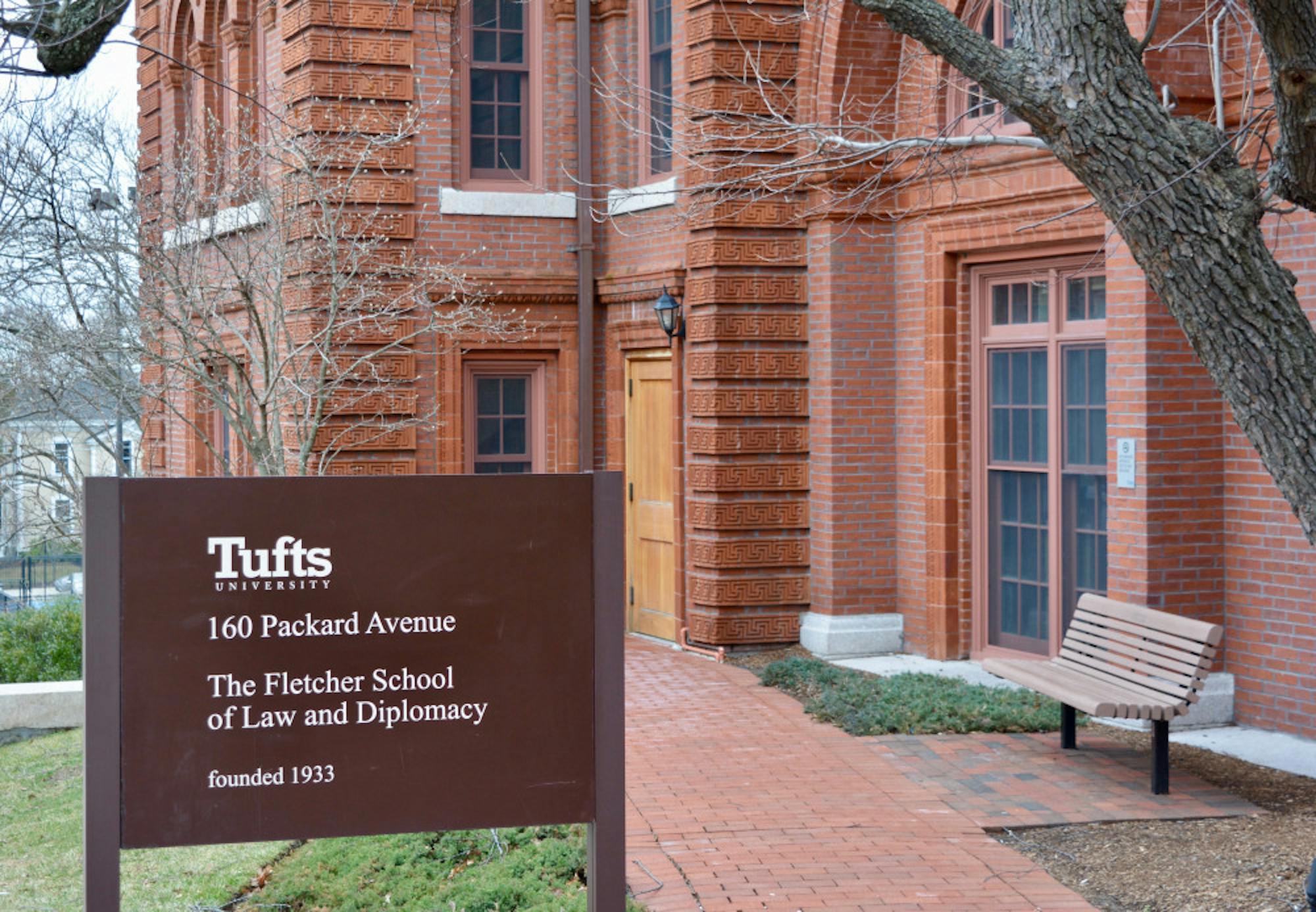The Tufts Institute for Global Leadership (IGL) recently launched a conversation series titled "Global Perspectives on Race, Justice, and Equity." The series was announced over the summer in light of the Black Lives Matter movement.
The conversation series held itsfirst event on Friday, July 24 with The Honorable David Lammy, who is the Shadow Secretary of State for Justice in the United Kingdom.
According to IGL Director Abiodun Williams, the institute is seeking to add to the global conversation on systemic racism with this series.
“We launched the series to contribute to the long-overdue global conversation about racism which is deeply embedded in the political, economic and social structures of many societies," Williams wrote in an email to the Daily.
Williams added that this program intends to foster equitability and justice.
"We also hope that these conversations will challenge everyone to take action to address the destructive legacy of systemic racism, and promote a just and equitable world for all," he said.
John-Mark Gladstone, a student studying international business at The Fletcher School of Law and Diplomacy, emphasized the importance of the series in bringing attention to racial injustice.
“The tragic and unjust death of George Floyd brought to the forefront of our consciousness a fresh wound that many students and faculty of color try to suppress,” Gladstone wrote in an email to the Daily. "This series is an attempt to help move the needle of racial justice and equity to where it needs to be.”
At the inaugural event, Lammy discussed the global relevance of the Black Lives Matter movement.
“The inaugural event ... was phenomenal and insightful because it gave the Tufts community a deeper look at the effects of colonialism and structural racism across the globe to highlight the work of those who have been in this fight for much longer in their own ways,” Gladstone said.
Additionally, Gladstone noted that Lammy addressed the false perception that racism is not as serious a problem in the United Kingdom as it is in the United States.
In his talk, Lammy highlighted “the desperate need for racial justice across around the world for Black and Indigenous People of Color,” Gladstone said.
The series held asecond event in August, in which Lieutenant General Nadja West, who is the first African American surgeon general of the U.S. Army, spoke to the Tufts community. She is also the first African American woman three-star general and the highest ranking woman graduate of West Point, according to the IGL's website.
Over the course of the semester, the series will continue to bring speakers to campus virtually.
“The series will feature policy makers, public intellectuals, scholars and writers. Sir Hilary Beckles, 8th Vice-Chancellor of The University of the West Indies, a distinguished academic, and global public activist will speak on October 23,” Williams said.
Gladstone said that the IGL also confirmed The Honorable Leon E. Panetta, former secretary of defense, as a speaker and that the series hopes to include former Ghanaian President John Kufuor, former National Security Advisor Jake Sullivan,and tennis coach Patrick Mouratoglou, who has taught many high-profile players, including Serena Williams and Coco Gauff.
Atrey Bhargava, a senior who is involved in the IGL, said that the series covers issues that are not commonly spoken about.
“The series focuses on highlighting conversations about race, justice and equity,” Bhargava wrote in an email to the Daily. “These concerns, while often mentioned, have scarcely been the focus of an entire series, and this is the novelty.”
Bhargava spoke of his support for the series and his belief that it will bring attention to critical issues.
“I think this series is a great way of continuing the conversation about racial equity and consistently remembering it to ensure that it is not left out of focus for it cannot be anymore,” Bhargava said.
Gladstone stressed the need for the Tufts community and people all over the world to work together to defeat racism.
“Issues such as racism and anti-Semitism are cancers that fall on each and everyone of us to help combat," Gladstone said. "It is important for people of all groups to be aware that when one group ails, the human race is also afflicted and that such injustices have dire spillover effects on us all."






